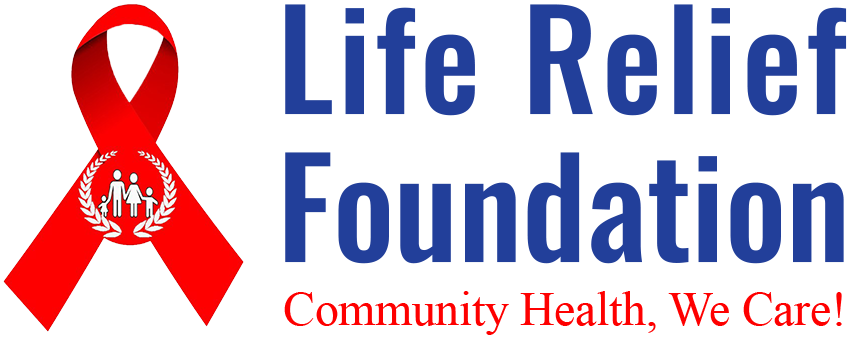1.1.2: Number of individuals reached
through community outreaches that promote HIV/AIDS prevention through abstinence and/or
faithfulness.
Project staff attended three support group meetings namely LRSG Takoradi, LRSG Elubo and Rural
AID
Alliance Care. Attendees were one hundred (143) PLHIVs, they were briefed on the project and
educated
on the ABC of HIV/AIDS prevention.
1.1.6: Total number of condoms sold in outlets:
A total of eight hundred (800) condoms were distributed and sold at the eighteen (18) condom
outlets.
Most condoms sold were male condoms. Attendees were taught on proper wearing and consistent use
of condoms,
which were supplemented by demonstrations, for which few members did return same.
1.1.14; Number of spouses of support group members
referred for counselling and testing.
At support group meetings, one of the topics treated was ‘Prevention of Re-infection and new
Infection and Disclosure skills.’
Members were encouraged to act on messages learnt. Twelve (12) members shared their experiences
on how they were able to manage
disclosure. Even though difficult for men, most women found it easy to disclose to their regular
partners. They informed their
partners about their status




